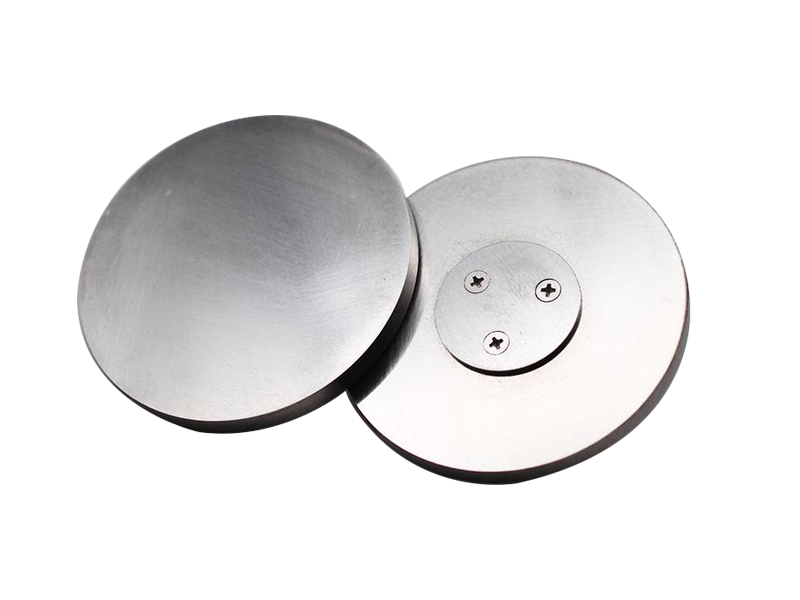Products



Molybdenum-nickel alloy
Classification:
E-mail:
introduce
-
Product Introduction
Molybdenum-nickel alloy is an alloy composed of metal molybdenum as a matrix element and metal element nickel.
The common molybdenum-nickel alloys are NS322 nickel-molybdenum alloy material and Hastelloy B- 2(UNS N10665) nickel-molybdenum alloy material.
Advantages of Molybdenum-Nickel Alloy
Nickel molybdenum alloy NS322 carbon, silicon content is very low, reduce the welding heat affected zone of carbon and other impurity phase precipitation, so the weld also has enough corrosion resistance. NS322 has good corrosion resistance in reducing media, such as hydrochloric acid solutions of various temperatures and concentrations. In the medium concentration of sulfuric acid solution (or containing a certain amount of chloride ion) also has good corrosion resistance. It can also be used in acetic acid and phosphoric acid environments. Alloy materials can have the best corrosion resistance only when they are in a suitable metallographic state and pure crystal structure. It has a wide range of applications in the fields of chemistry, petrochemical, energy manufacturing and pollution control, especially in sulfuric acid, hydrochloric acid, phosphoric acid, acetic acid and other industries.
Similar grades of NS322: Hastelloy B- 2 UNS N10665 (USA), NiMo28 (France), W.Nr. 2.4617 (Germany)
NS322 chemical composition:
(GB/T14992-2005)
Alloy grade
%
Nickel
Ni
Chromium
Cr
Iron
Fe
Molybdenum
Mo
Cobalt
Co
Carbon
C
Manganese
Mn
Phosphorus
P
Sulphur
S
Copper
Cu
NS322
Max.
Allowance
0.1
1.6
26.30
-
-
-
-
-
-
Minimum
Allowance
1.0
2.0
30.0
1.0
0.01
1.0
0.02
0.01
0.5
NS322 Physical Performance
Density g/cm3
Melting Point
℃
Thermal conductivity λ
W/m·℃
specific heat capacity
J/kg·℃
modulus of elasticity
GPa
Resistivity
Mm
coefficient of linear expansion a
10-6-1 ℃
9.2
1330
1380
11.1(100 ℃)
377
217
1.37
10.3(20~100 ℃)
NS322 Mechanical Properties
(Minimum value of mechanical properties detected at 20°C)
Heat treatment method
Tensile strength σb
MPa
Yield strength σp0.2
MPa
Stretching rate σ5
%
Brinell hardness
HBS
solution treatment
745
325
40
≥ 250
NS322 Production Implementation Standard
Standard
chemical composition
Bars
Forgings
Plate
Pipe
National Standards
GB/T15002
GB/T15008
GB/T15008
GB/T15009
GB/T15010
GB/T15012
GB/T15062
Application areas
Nickel-containing alloys and nickel-based alloys (I. e., nickel content above 50%) play an important role in corrosion-resistant applications in the manufacturing industry,[4]It is widely used in petrochemical, energy manufacturing and pollution control fields, especially in sulfuric acid, hydrochloric acid, phosphoric acid, acetic acid and other industries.
Key words:
Molybdenum-nickel alloy
Previous Page:
Next page:
Product Message

Address: China (Henan) Pilot Free Trade Zone Luoyang Area (High tech) Dongmagou Industrial Park No.1 Courtyard 1-9 Zone
E-mail:monfils.chen@mtwkj.com
Enterprise Station:http://www.mtwkj.com
Product Station:http://www.mtwxcl.com


